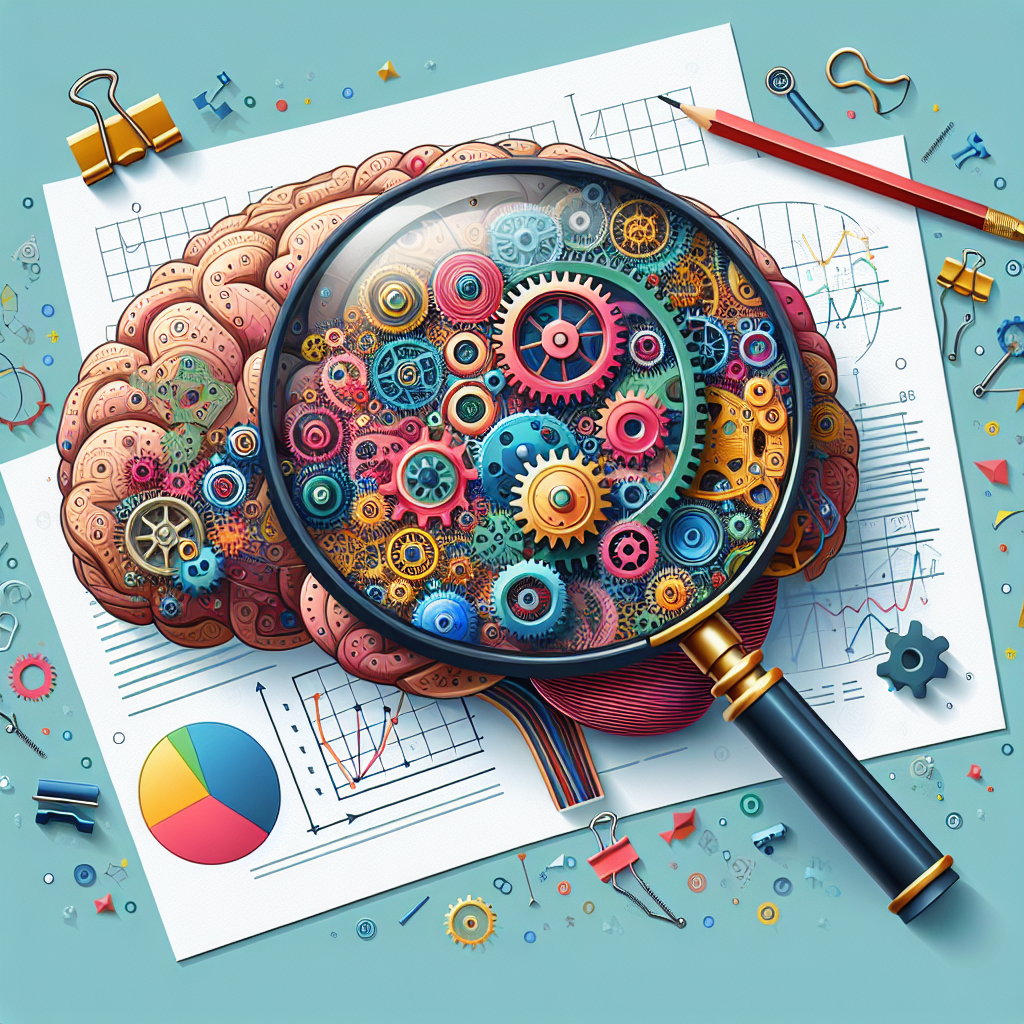Introduction
In a world that increasingly values cognitive skills and intelligence, understanding IQ testing is more essential than ever. The concept of intelligence has evolved, and so has the way we assess it. This comprehensive guide, "Decoding Intelligence: A Comprehensive Guide to Modern IQ Testing," aims to demystify the complexities of IQ tests, explore their relevance in contemporary society, and equip you with the knowledge to interpret these assessments critically.
So why should you care? Because intelligence is not just a label—it can influence your educational trajectory, career options, and even how you relate to others. Let’s dive deep into the realm of IQ testing, unraveling its intricacies while providing unique insights that will change your perception of intelligence.
Understanding IQ: An Overview
What is IQ?
IQ, or Intelligence Quotient, is a standard measure used to assess human intelligence. Originally developed in the early 20th century by French psychologist Alfred Binet, the IQ test aimed to identify students needing special educational assistance.
The Evolution of IQ Testing
- Early 1900s: Alfred Binet and the Binet-Simon Scale.
- 1916: Lewis Terman adopted Binet’s test for American schools, leading to the Stanford-Binet test.
- Modern Tests: Today, various tests like the WAIS (Wechsler Adult Intelligence Scale) and the Raven’s Progressive Matrices are used globally.
The Modern Landscape of IQ Testing
Different Types of IQ Tests
There are a variety of IQ tests, each with unique features:
| Test Name | Focus | Target Age |
|---|---|---|
| Stanford-Binet | Verbal and non-verbal skills | Children and Adults |
| WAIS (Wechsler Adult Intelligence Scale) | General intelligence in adults | Adults |
| Raven’s Progressive Matrices | Abstract reasoning | All ages |
| Cattell Culture-Fair Intelligence Test | Non-verbal reasoning | All ages |
The Science behind IQ Tests
Modern IQ tests assess various cognitive abilities, including:
- Logical reasoning: Problem-solving and critical thinking.
- Mathematical skills: Number manipulation and arithmetic understanding.
- Verbal proficiency: Vocabulary and comprehension.
- Spatial awareness: Understanding of shapes and spatial relationships.
Common Misconceptions about IQ Testing
Misconception 1: IQ is a Fixed Number
Many individuals believe that their IQ score is static. However, research indicates that IQ can fluctuate over time based on educational and environmental factors.
Misconception 2: IQ Measures All Aspects of Intelligence
While IQ tests focus on cognitive abilities, they often overlook emotional intelligence, creativity, or practical skills.
Case Study: The Role of Emotional Intelligence
An organization’s hiring strategy, which heavily relied on IQ, observed higher turnover rates. By incorporating emotional intelligence assessments, they improved job fit and employee satisfaction.
The Applications of IQ Testing in Real Life
Education
IQ tests can help identify gifted students or those needing additional support, influencing educational programs and resource allocation.
Employment
Many organizations use IQ tests as part of their hiring process to predict job performance and cultural fit.
Case Study: Corporate Implementation
A tech company integrated IQ testing into their recruitment process. This data-driven approach reduced hiring time and improved employee retention by 15%.
The Controversies Surrounding IQ Testing
Cultural Bias
One significant critique of IQ tests is their potential cultural bias. Critics argue that standardized tests may favor certain demographics over others, leading to skewed results.
Ethical Concerns
The ethical implications of labeling individuals based on IQ scores can be severe. Misuse of IQ data can foster stigmas and reinforce social inequalities.
Case Study: The Bell Curve Debate
The controversial book, "The Bell Curve," sparked significant debate by linking IQ with social and economic success. Critics argue this perspective ignores broader socio-economic factors.
Decoding Intelligence: The Comprehensive Guide to Modern IQ Testing
Key Components of Effective IQ Assessment
- Standardization: Consistent procedures must be followed to ensure unbiased results.
- Norming: Scores should be compared against a representative population sample.
- Validity and Reliability: Tests must accurately measure what they intend to and produce consistent results over time.
Tips for Interpreting IQ Scores
- Understand the scale: Typically, scores are normalized to a mean of 100 and a standard deviation of 15.
- Consider context: An IQ score is just one data point and should be viewed through the lens of individual circumstances and capabilities.
Conclusion
As we’ve explored in "Decoding Intelligence: A Comprehensive Guide to Modern IQ Testing," IQ testing is a multifaceted topic that extends beyond mere numbers. Understanding the underlying principles, applications, and implications of IQ testing empowers you to appreciate intelligence in all its forms.
Armed with knowledge, you can decode intelligence and pave a path for a more insightful, informed approach to understanding yourself and others.
FAQs
1. What is an average IQ score?
An average IQ score is considered to be around 100, with most scores falling between 85 and 115.
2. Are IQ tests culture-free?
No, many tests may reflect cultural biases. Cattell Culture-Fair tests are designed to minimize these differences.
3. Can IQ be improved?
While IQ can fluctuate, cognitive training and education can enhance critical thinking and problem-solving skills, thereby indirectly influencing IQ scores.
4. How should I prepare for an IQ test?
Familiarize yourself with the test format, practice with sample questions, and ensure you’re well-rested on the day of testing.
5. Are IQ scores reliable for predicting success?
While IQ scores correlate with academic performance, they are not sole predictors of success, as emotional intelligence and perseverance also play crucial roles.
This comprehensive guide ultimately serves to empower readers, reshaping perceptions of intelligence and IQ testing, inviting a more nuanced understanding of what intelligence truly means in our evolving society.

